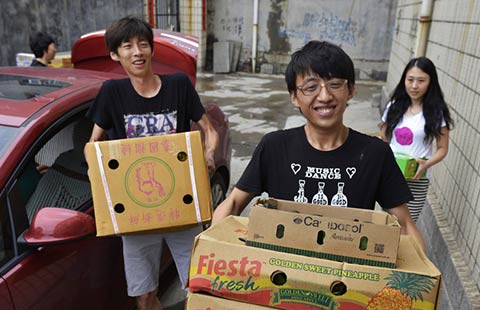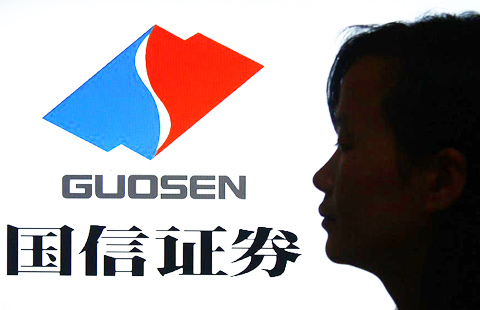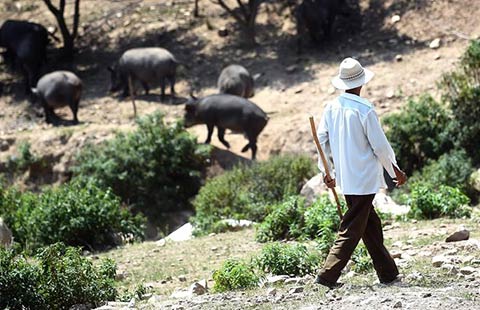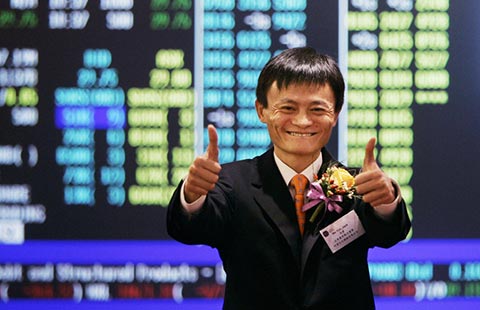China reiterates financial support for real economy
(Xinhua) Updated: 2012-04-19 11:15BEIJING - China's lending data trumped forecasts to soar to a 14-month high in March. The country's central bank said Wednesday it will continue to guide money to serve the real economy, easing fears of financial liquidity getting out of control.
The country's new yuan loans increased to 1.01 trillion yuan ($160.16 billion) in March, up by one-third compared with a year earlier, as the government shifted more focus to sustaining growth in the world's second-largest economy.
China's central bank has been applying a prudent monetary policy since 2011 to cool inflation and asset bubbles. Runaway credit growth eased in the following months, but most of the money was used by lenders to engage in financial speculative activities, leaving the real economy bereft of credit support.
Facing March's lending surge, the People's Bank of China (PBOC) said it will continue to guide financial institutions to lend to industries related to the real economy.
It said loans for small businesses should grow at reasonable rate. Funding demands for key projects supported by the central government and enterprises should be met, the bank said.
For the real estate industry, the central bank reiterated support for the construction of affordable housing and first-home buyers.
By the end of March, the M2, a broad measure of the money supply that covers cash in circulation and all deposits, grew 13.4 percent year-on-year to hit 89.56 trillion yuan.
Although it posted a remarkable rebound from the first two months, it was lower than the 14-percent annual target that the government set in early March.
To keep adequate liquidity and boost economic growth, PBOC said it will fine-tune the money supply at an appropriate time. It singled out ways of increasing the repurchase of central bank notes and lowering the bank's reserve requirement ratio to increase liquidity.
The central bank also underscored financial support for the agricultural industry in preparation for spring farming.
After granting 10 billion yuan in loans to the agriculture sector in early March, the central bank said it will allocate 50 billion yuan in loans to the country's major grain-growing areas.
It urged financial institutions to implement a differentiated credit policy to boost the agriculture industry.
China's economic growth slowed throughout all of 2011, from 9.7 percent in the first quarter to 8.9 percent in the last quarter.
Analysts expect the Chinese government to focus more on pro-growth policies amid slowing economic growth, easing inflation concerns and a credit crunch among small companies, which generate more than half of China's jobs.
- Oil stocks rally on news of probe
- Alibaba reportedly in talks to fund Snapchat
- Delays at airports see surge in flight insurance
- Microsoft Xbox One to launch in China
- Ford recalls SUVs in China
- Online flash discount sale to top $13b
- China stresses targeted policies to balance economy, risks
- 104% rise in China's mobile Internet market















